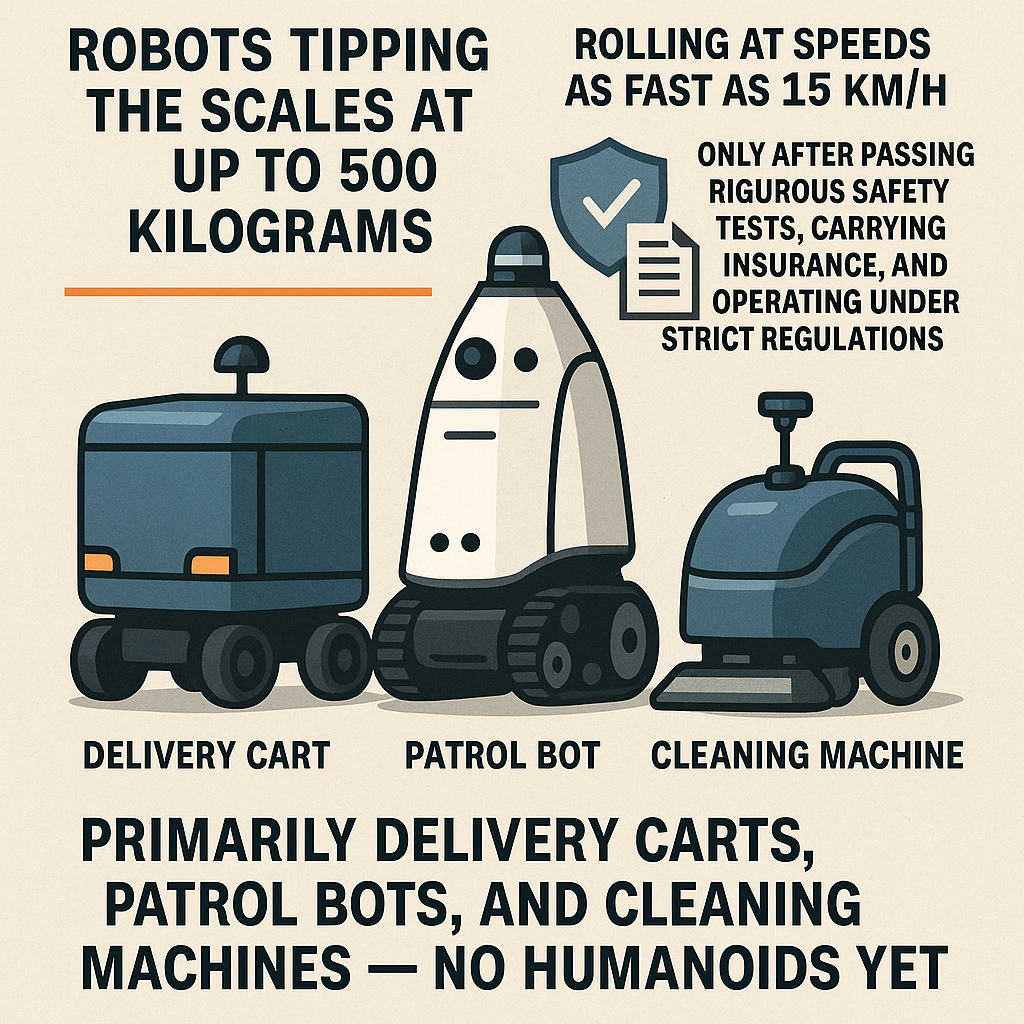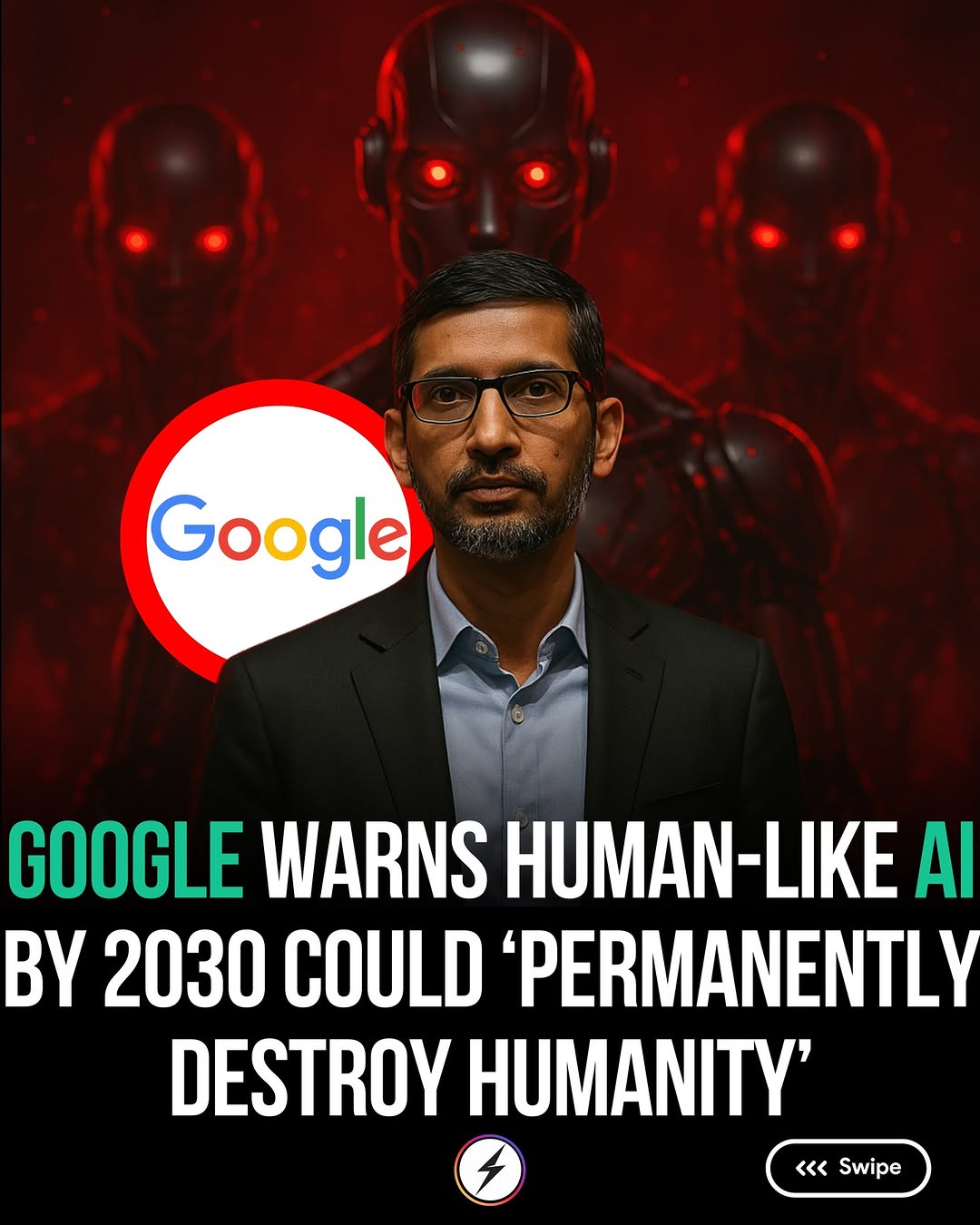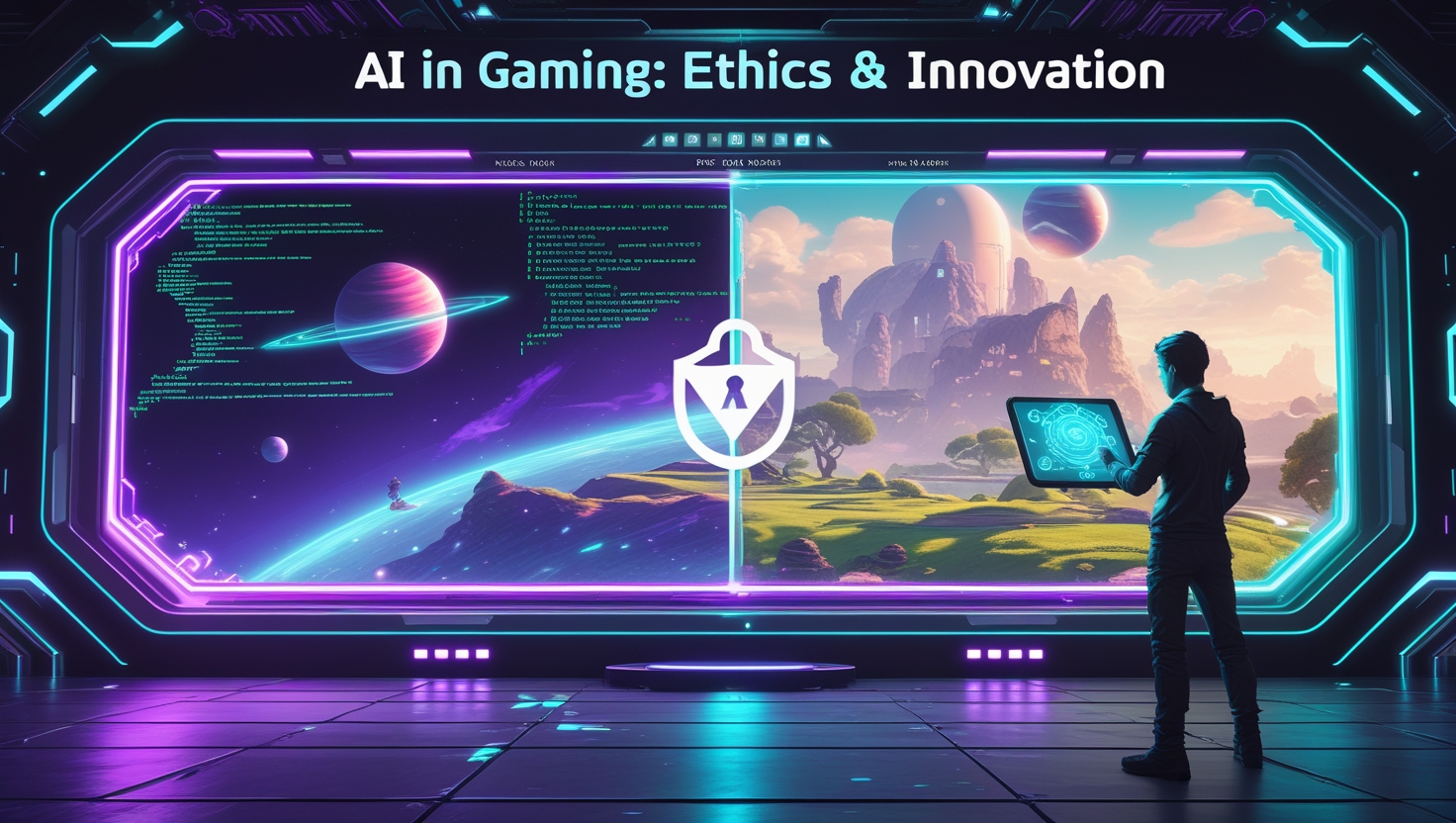
The streets are changing.
South Korea has officially thrown open the gates, passing a landmark law that grants certified robots the right to share the sidewalks with people. Not someday — now.
Here’s what’s on the move:
- Robots tipping the scales at up to 500 kilograms
- Rolling at speeds as fast as 15 km/h
- Only after passing rigorous safety tests, carrying insurance, and operating under strict regulations
- Primarily delivery carts, patrol bots, and cleaning machines — no humanoids yet.
South Korea joins a growing list of nations — the United States, Japan, France, Germany, Estonia, Austria, and the United Kingdom — where mechanical citizens are becoming part of the urban landscape.
It will become ordinary.

Silent delivery bots weaving through crowds with groceries. Patrol machines humming down alleyways at dusk. Street-sweeping automatons erasing the day’s dust without a whisper.
And with every step forward, something almost imperceptible steps back.
The world is getting sharper, faster, smarter — but also quieter, colder, less alive.
One day soon, you’ll pass a robot on the sidewalk. You won’t flinch. You won’t even notice.
The strangeness will have worn off.
And when it does, you might realize something:
The future didn’t arrive with a roar. It came quietly, on smooth wheels, moving at fifteen kilometers per hour.

































